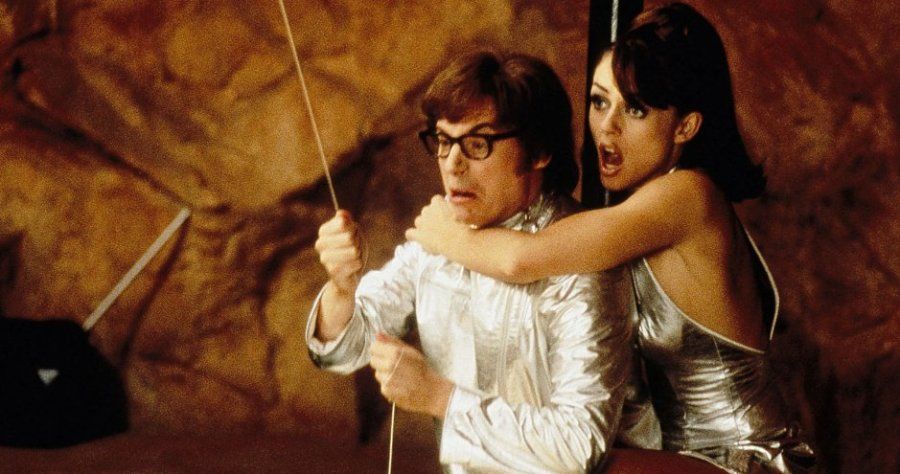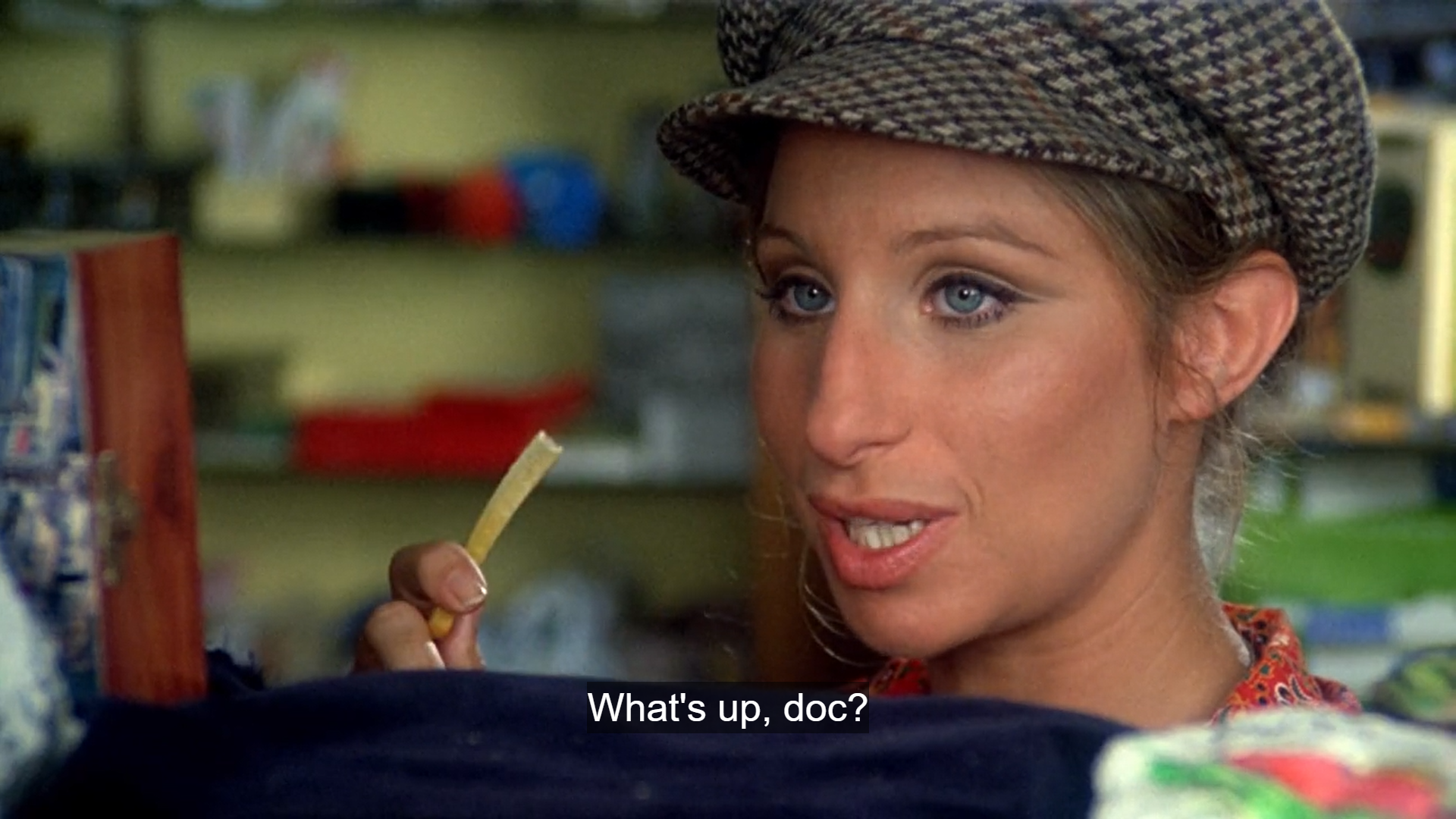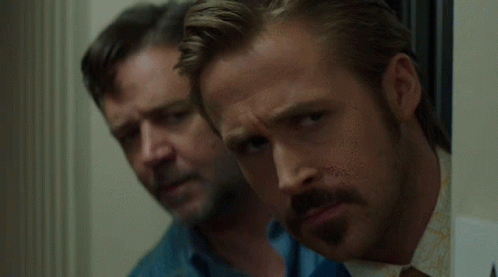15TH MARCH 2022
RECORD 3 IT’S ALL TANGLED
RECORD 3 IT’S ALL TANGLED
I haven’t been to the cinema since the Licorice Pizza (2021) (which is not so far ago) but I’m upset that I barely remember my cinema visits. I love the hall, the seats (Mayfair Curzon’s room has these sexy table lamps next to every seat that makes me feel that I am in a movie theatre), the bar and, especially, the entrance door. The big chucky door handle that let you pass through that see-through glass door and enter the world of magic (how I’d like it to see). That’s why I love films too (the glass door, yeh right). I think filmmakers, as well as, film critics or film writers support me on that. The movie theatre is half of the magic. Trying to support that, Pedro Almadovar in twenty-seventeen as the jury president of the Cannes Film Festival made sure that a theatre release would get the main Palme d’Or.
Earlier in twenty-twenty-one Warner Brothers studio announced that they are planning to release a certain number of films in both online and theatres at the same time this year. The audience can choose which movies they prefer to see at home and which in the theatre. A deal breaker but exciting to the numbers by the end of it. It seems that some big players gave in to the flow and trying to work out its way including the trends and the speed of things, trying to avoid swimming against the stream (‘cause it’s bad for business *in a voice of Katherine Hepburn*). I heard this famous female politician in one of her talks on mindfulness in the twenty-twenty era stating to surrender to the flow, learn how to be flexible and see where it would take you.
Then what’s about the tradition? It is ironically controversial that film captures things (as what you’d expect from conservation) and at the same time is an essence of innovation (just looking at how it evolved throughout its little yet history). I guess a sense of preserving time can be seen in the recent years success and drive of film directors and writers to make movies about the past, the accuracy, the precision. So where actually we are traveling to when a film takes us years back? Is it as simple as a commentary on today? I want to believe it is not (as much as I believe that there is magic in cinema).
Earlier in twenty-twenty-one Warner Brothers studio announced that they are planning to release a certain number of films in both online and theatres at the same time this year. The audience can choose which movies they prefer to see at home and which in the theatre. A deal breaker but exciting to the numbers by the end of it. It seems that some big players gave in to the flow and trying to work out its way including the trends and the speed of things, trying to avoid swimming against the stream (‘cause it’s bad for business *in a voice of Katherine Hepburn*). I heard this famous female politician in one of her talks on mindfulness in the twenty-twenty era stating to surrender to the flow, learn how to be flexible and see where it would take you.
Then what’s about the tradition? It is ironically controversial that film captures things (as what you’d expect from conservation) and at the same time is an essence of innovation (just looking at how it evolved throughout its little yet history). I guess a sense of preserving time can be seen in the recent years success and drive of film directors and writers to make movies about the past, the accuracy, the precision. So where actually we are traveling to when a film takes us years back? Is it as simple as a commentary on today? I want to believe it is not (as much as I believe that there is magic in cinema).

In all-favourite successful (dare to write down - most successful) Soviet TV series Seventeen Moments of Spring (1971, dir. by Tatiana Liosnova) the plot had fictional main characters and some inaccuracy in the detail, and, totally, the idea of Soviet actors playing and displaying a human side to Nazi characters was disturbing. However, the black-n-white spy novella was beloved by Soviet audiences, as it was possible to relate to its overall themes in the context of the times when the series came out, as well as thinking and looking at the past with the eyes of today.




So if we look at the past through nostalgic retrospectives, what are we looking for? Memories? Answers? In Paul Thomas Anderson’s adaptation of Inherent Vice (2014), the story goes over old traditions and acceptable norms of the time, as well as probably lost-in-time habits too (we are talking about the American community, specifically LA even, alright - just to set it clear between us). Then there is probably another nostalgic comedy Austin Powers trilogy, as a satire on the existed and existing norms with the main character being sent over from the 60s. And, Good Guys (2016), that brings back the genre of its time and the time with the incredible production design, as well as, What’s up Doc? (1972) that takes the audience of the 70s to see the genre of screwball comedy (that morphed into another genre by the time).
I presume both, memory and answers, are united with a sense of discovery. Looking under a magnifying glass and imagining yourself on a rollercoaster in the theme park of the past eras, we do discover things about ourselves. We probably don’t seek to freeze the set of things for today and the future but rather to see the change, just like with the filmmaking, to find a new way for the future. I guess this is a matter of what you call a comfort zone - swimming against the tide or understanding how you feel yourself/the tide today.
Next writing → Tuesday 18th January
Yours,
CallMBYFilm
